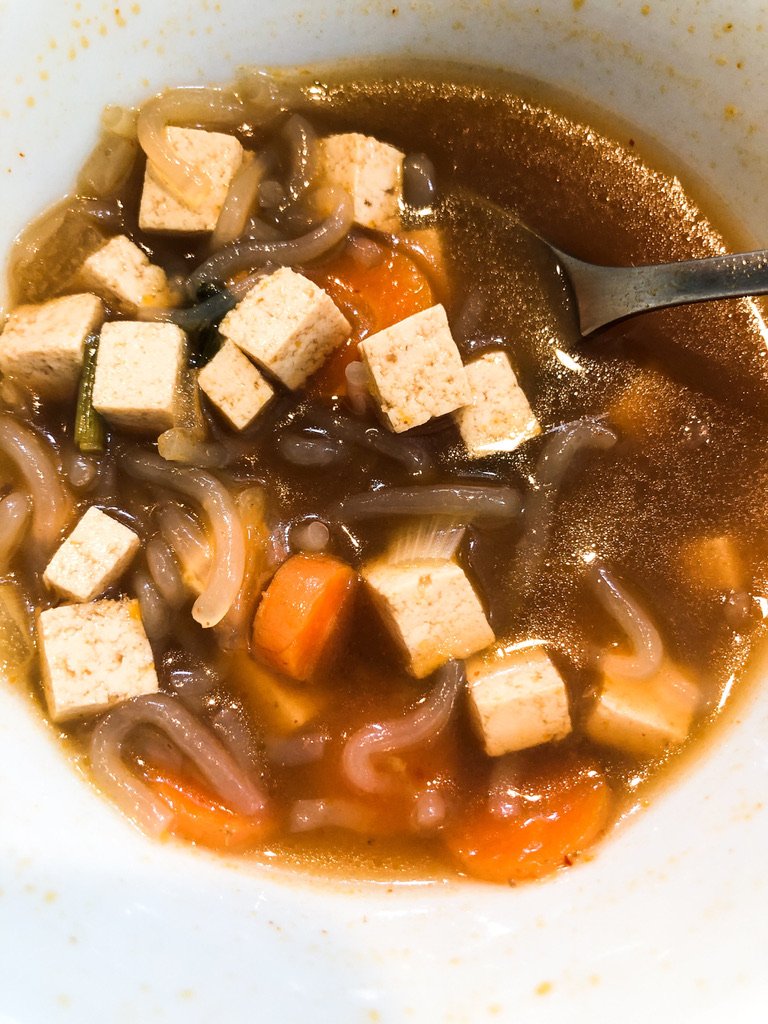How to Eat Better for the Planet and Your Health
Every time you eat or shop for food, you choose how you want to impact the world.
Sustainability is a central concern in our society that touches every aspect of our lives, including the meals we make.
When you eat sustainably, you contribute to environmental conservation, animal welfare and social justice. And you may even benefit your health.
No one person can do everything, but every person can do little things to profoundly and positively affect the planet. If you want to form more environmentally friendly eating habits, here are some basic principles that promote personal well-being and planetary health.
Embrace plant-based foods
Plant-based foods are at the forefront of sustainable eating. They generally require fewer resources, such as water and land, than animal products. Plant-based foods have also been linked to lower greenhouse emissions and reduced pressure on ecosystems. Prioritize fruits, vegetables, whole grains, legumes, nuts and seeds, and support environmental sustainability while enjoying health benefits such as lowered risk of chronic diseases like diabetes. Check out some of my favorite plant-based recipes here!
Choose locally sourced and seasonal produce
Locally sourced foods require less transportation, reducing emissions associated with long-distance shipping. When you support local farmers, you can feel good about knowing where your dollars are going while consuming fresher, more flavorful produce. To find farmers and farmers' markets near you, check out Local Harvest or the National Farmers Market Directory. You can also join community-supported agriculture programs and participate in farm-to-table initiatives to get your hands on some locally grown or seasonal fruits and veggies. It's a great way to connect to sustainably minded people in your community, too!
Reduce food waste
Minimizing food waste is crucial for the world's health. About one-third of food produced is lost or wasted, which depletes resources and degrades the environment. There are so many creative uses for leftovers so that you can hang onto your broccoli stems and celery leaves for future meals. Some of my favorite versatile recipes are veggie fried rice and veggie cioppino, partially because you can use whatever veggies you have on hand. You can also plan meals, purchase only what you need to make them and store perishable food properly to extend its shelf life. Composting food scraps is also easy and effective. Here's a state-by-state guide of where to compost!
Choose protein sources carefully
Alternative protein sources such as legumes, tofu, tempeh and lentils have a lower environmental footprint than animal products and are packed with nutrition. Try this creamy chickpea pasta with spinach instead of chicken alfredo or this buffalo tempeh quinoa with roasted peppers & dill sour cream when you need an easy and delicious weeknight meal that meets all your macros.
Support ethical and fair trade practices
By supporting ethical and fair trade practices, you contribute to the empowerment of farmers and workers worldwide and help create a more equitable food system. Look for certifications such as Fair Trade, which ensure that producers receive fair wages and adhere to environmental and labor standards. Also, consider the social and ethical implications of your food choices, including issues related to animal welfare, worker rights and indigenous land rights.
By implementing any of these practices, you're consciously choosing to prioritize environmental stewardship, social responsibility and personal health. When everyone does their part, we collectively cultivate a healthier planet. That's the world I want to live in. Don't you?
To meet other people living their passion for health and planetary wellness who can help you make unlimited income doing the same, click here.




